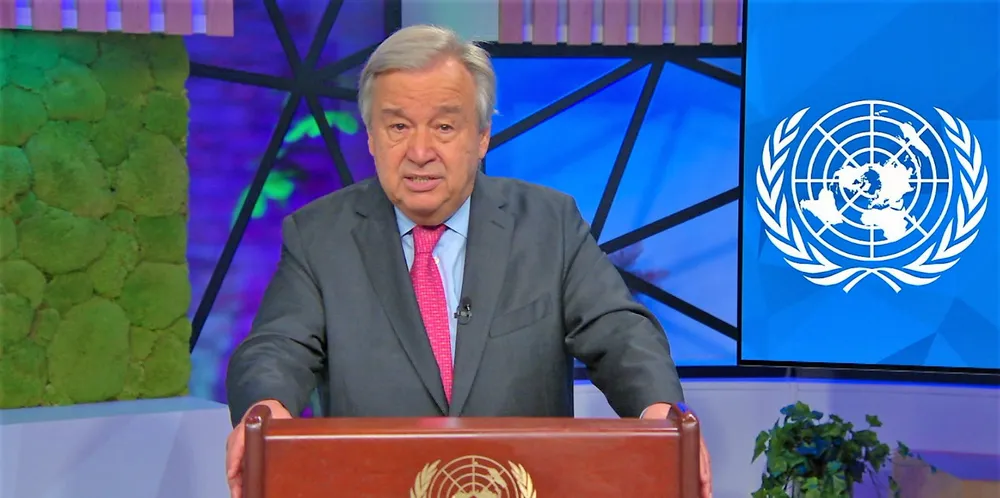UN chief demands net zero 10-year 'fast forward' after new climate warning
Secretary general António Guterres says IPCC Synthesis report shows need for 'G20 Solidarity pact' and fires off volley of actions to curb fossil growth and accelerate transition
